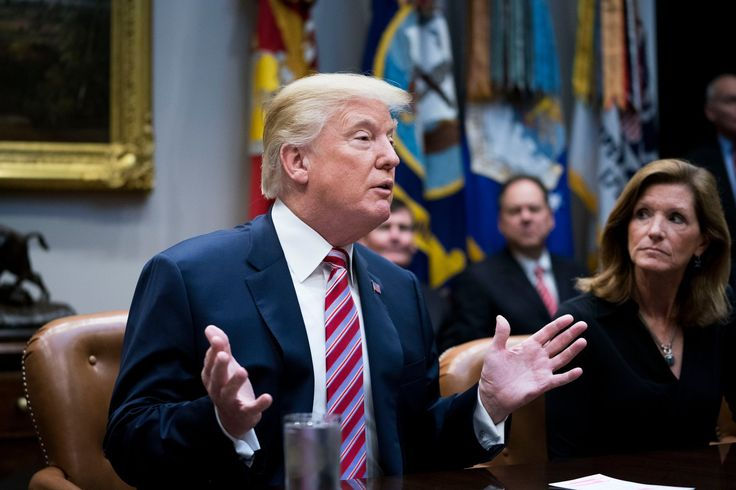Trump Urges SCOTUS to Block $12B Foreign Aid.
- Admin
- Aug 27, 2025
- 3 min read

In a high-stakes move that highlights ongoing tensions between executive power, congressional authority, and judicial oversight, President Donald Trump's administration has appealed to the U.S. Supreme Court for emergency intervention. Filed on August 26, 2025, the appeal aims to block the release of roughly $12 billion in foreign aid funds, designated for essential global health initiatives, including HIV/AIDS programs, before a looming September 30 deadline. The administration warns that without swift action, the disbursement could cause "irreparable diplomatic costs" and undermine U.S. foreign policy priorities, potentially setting a precedent for courts to micromanage international affairs.
At the heart of this dispute is the Trump administration's push to rescind or redirect funds previously approved by Congress under programs like the President's Emergency Plan for AIDS Relief (PEPFAR) and other global health efforts. These cuts, proposed earlier in the year, aim to realign spending with what the White House calls "America
First," objectives, prioritizing domestic needs over certain overseas commitments. However, nonprofit organizations, including the AIDS Vaccine Advocacy Coalition (AVAC), challenged the moves in court, arguing that withholding the funds violates congressional intent and endangers lives worldwide by disrupting vital health services in regions struck by pandemics.
The legal saga has been a rollercoaster. A U.S. District Court in Washington, D.C., sided with the challengers, issuing a temporary restraining order through Judge Amir Ali that mandated the release of the funds. This decision was partially overturned by a three-judge panel of the U.S. Court of Appeals for the D.C. Circuit, which ruled that only Congress—not private groups—has standing to sue over such rescissions. Yet, with the full D.C. Circuit still reviewing the case en banc, the district court's order remains in effect, prompting the Justice Department to escalate to the Supreme Court. In their filing, DOJ lawyers accused the lower court of overstepping, effectively positioning itself as "supervisor-in-chief" of foreign aid decisions—a role they say belongs to the executive branch.
This isn't the Supreme Court's first encounter with the issue. Back in March 2025, the justices narrowly declined (5-4) to freeze the funds during ongoing litigation, allowing the case to proceed in lower courts. Now, the administration is requesting a stay by September 2, emphasizing the urgency as the fiscal year-end approaches. If granted, it could preserve the funds for potential reallocation or savings; if denied, billions would flow to programs supporting HIV prevention, maternal health, and infectious disease control in developing countries.
Beyond the legal language, this debate raises deeper questions about U.S. global leadership in a connected world. Supporters of the cuts argue that it's about fiscal responsibility and strategic priorities, preventing taxpayer dollars from funding what they perceive as inefficient or ideologically driven programs, such as those related to diversity, equity, and inclusion (DEI) in health grants. Critics, including health advocates and Democratic lawmakers, warn that stopping the aid could worsen global crises, weaken America's soft power, and increase long-term costs if diseases spread unchecked. For example, PEPFAR has been credited with saving over 25 million lives since it began, making any interruption a humanitarian concern.
As the Supreme Court considers this case, potentially signaling its stance on executive authority in foreign policy, it could significantly impact how future administrations handle foreign aid. With a conservative majority, including three Trump appointees, the outcome remains uncertain but crucial. For ordinary Americans, it serves as a reminder that decisions in Washington, D.C., have far-reaching effects, influencing everything from international alliances to global public health. If you're passionate about global issues, consider supporting organizations like AVAC or contacting your representatives because, in a democracy, every voice matters in guiding these billion-dollar debates. Stay informed as developments unfold; the Court's decision could come at any moment.









Comments